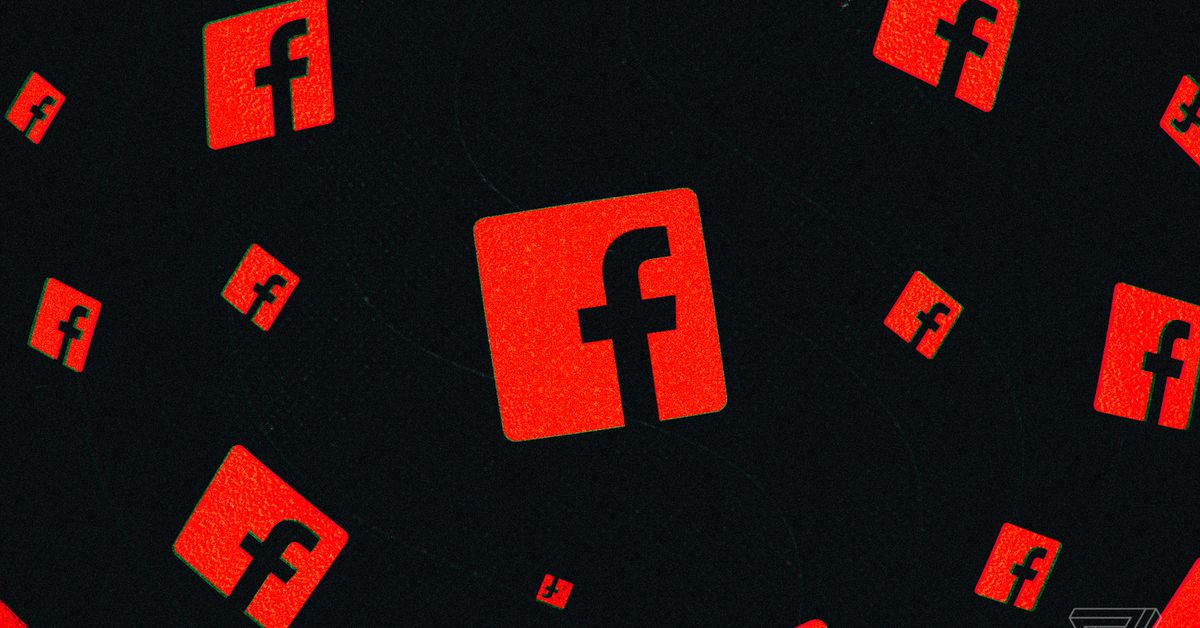
The Federal Trade Commission has filed an amended antitrust complaint against Facebook, alleging that the company violated federal antitrust laws with its acquisition of Instagram and WhatsApp. The new complaint is a more detailed version of a charge dismissed by the court in June for insufficient evidence.
“Facebook has today, and has maintained since 2011, a dominant share of the relevant market for US personal social networking services,” the complaint alleges, citing time spent and active-user metrics on the daily and monthly scale. “Individually and collectively, these metrics provide significant evidence of Facebook’s durable monopoly power in social networking services.”
Facebook has until October 4th to issue a legal response to the complaint. In a post on Twitter, Facebook’s corporate account called the FTC’s latest complaint “meritless,” writing, “There was no valid claim that Facebook was a monopolist — and that has not changed.”
First filed in December 2020, the FTC alleges that Facebook’s acquisitions of competing networks gave it monopoly power over social network services in the US. But the following June, the court dismissed the complaint, finding that the commission had failed to provide sufficient evidence that Facebook had monopoly power in social networks. However, the court gave the FTC an opportunity to file an amended complaint that addressed the concerns, eventually setting the deadline for August 19th.
Together with the amended complaint, the FTC also made clear that chair Lina Khan will continue to play an active role in the case. In July, Facebook called on Khan to recuse herself from the agency’s lawsuit against the company based on her, based on her legal scholarship. “For the entirety of her professional career, Chair Khan has consistently and very publicly concluded that Facebook is guilty of violating the antitrust laws,” the company said at the time.
That effort appears to have been unsuccessful. “As the case will be prosecuted before a federal judge, the appropriate constitutional due process protections will be provided to the company,” the agency said in a statement.
In particular, the new complaint contains a more rigorous definition of personal social networks, the market in which Facebook holds the alleged monopoly. The new complaint explicitly distinguishes Facebook from services like TikTok, which broadcast content, but do not provide an explicitly social space. The FTC’s definition also excludes services like Twitter and Reddit that share information among communities with specific interests but “do not focus on connecting friends and family.”
The complaint cites a number of internal messages to establish that Facebook understands this difference, although the specific content of the messages is redacted in the public version of the document.
“Facebook... has been the dominant provider of such services since at least 2011,” the complaint concludes. “Further, Facebook Blue and Instagram are the two largest personal social networking services in the United States.” By the FTC’s definition, Facebook’s only significant competitor in the space is Snapchat, although defunct providers include Friendster, Myspace, Google+, and Path.
Once that market is defined, the complaint relies heavily on attention metrics to establish Facebook’s dominance — particularly monthly active users (MAUs), daily active users (DAUs) and time spent on-site — citing similar cases in Australia, Germany and the United Kingdom that have based their claims on those metrics.
One weakness of this approach is that both Facebook and Instagram can serve multiple functions, raising the possibility that some of the metrics are in fact reflecting use of Facebook as a photo-sharing service, messaging platform, or other non-social purpose. But the FTC claims Facebook’s advantage by those metrics is so dominant as to swamp any alternative uses of the platform.
“Even if one were to assume, arguendo, that half of the time that U.S. users spend on Facebook Blue and Instagram was not in fact spent using personal social networking services,” the FTC reasons, “Facebook would still have maintained a dominant share of the U.S. personal social networking market.”
In a particularly striking turn, the new complaint also makes the case that Facebook’s continued success in the wake of the Cambridge Analytica scandal (and associated settlements) show’s how implacable the company has become. “Facebook’s ability to harm users by decreasing product quality, without losing significant user engagement, indicates that Facebook has market power,” the complaint reads.
Article From & Read More ( FTC says Facebook has been a monopoly ‘since at least 2011’ in amended antitrust complaint - The Verge )https://ift.tt/3AXLH56
Business
Bagikan Berita Ini














0 Response to "FTC says Facebook has been a monopoly ‘since at least 2011’ in amended antitrust complaint - The Verge"
Post a Comment